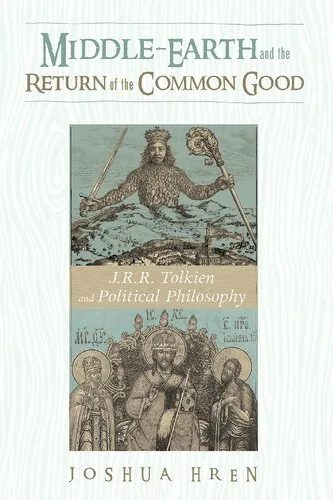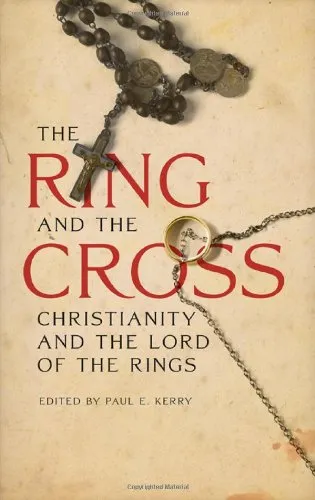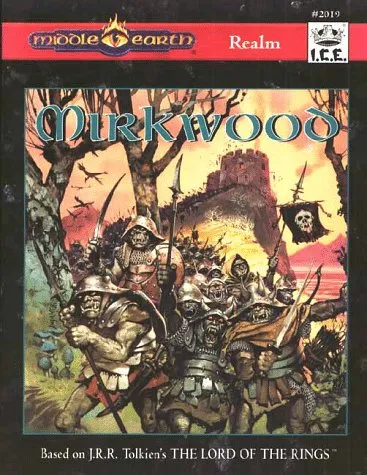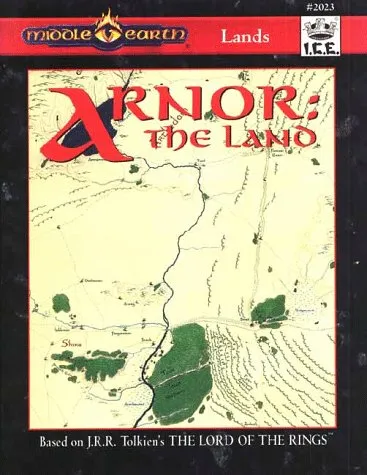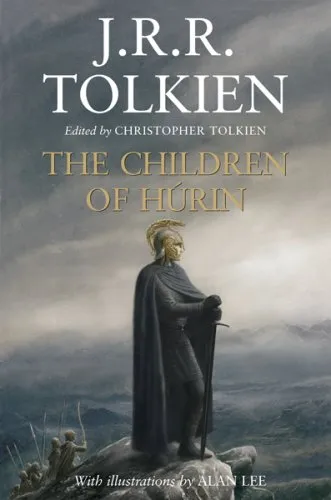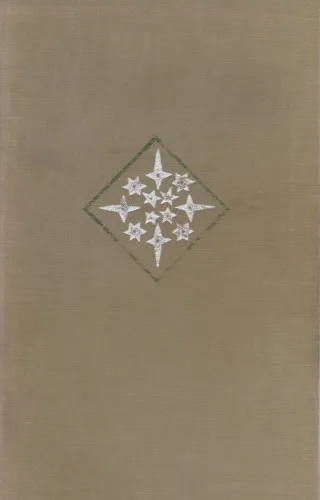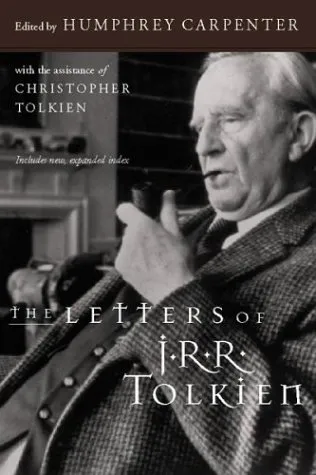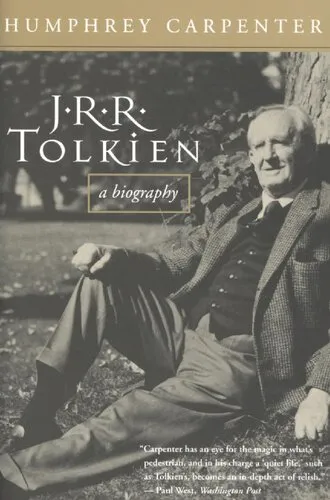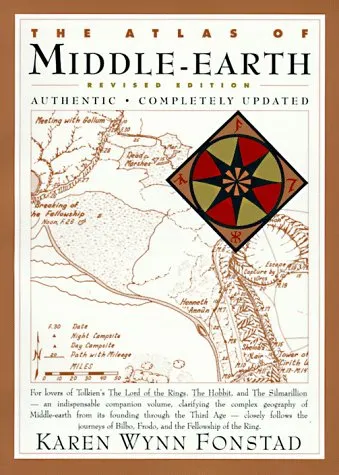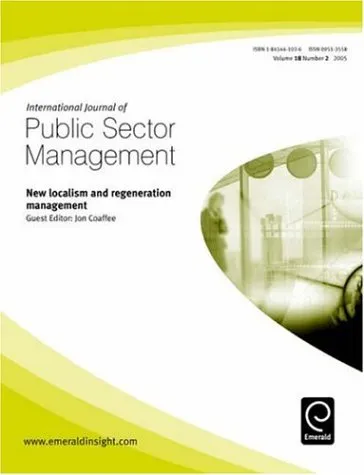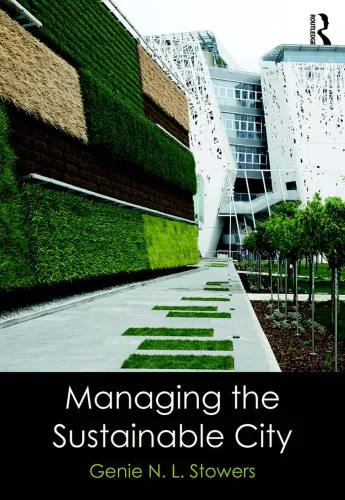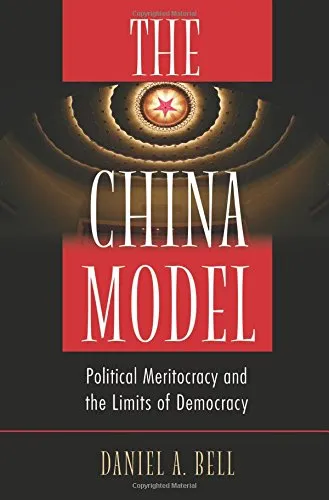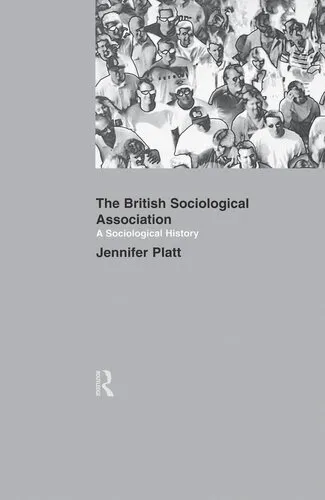Middle-earth and the Return of the Common Good: J. R. R. Tolkien and Political Philosophy
4.5
Reviews from our users

You Can Ask your questions from this book's AI after Login
Each download or ask from book AI costs 2 points. To earn more free points, please visit the Points Guide Page and complete some valuable actions.Related Refrences:
Welcome to a captivating exploration of one of literature’s most beloved worlds: Middle-earth. In 'Middle-earth and the Return of the Common Good: J. R. R. Tolkien and Political Philosophy', we delve deeply into Tolkien's magnificent creation, unraveling the profound political philosophies that underpin the epic narratives of 'The Hobbit', 'The Lord of the Rings', and beyond. Through this exploration, we reveal how Tolkien's works suggest a return to the common good in an age of increasing individualism and political fragmentation.
Detailed Summary of the Book
This book serves as a bridge between the fantastical realm of Tolkien’s imagination and the real-world implications of political thought. Examining the fundamental structures and themes within Tolkien’s works, we uncover how they reflect core principles of political philosophy such as justice, governance, and the delicate balance between liberty and authority. The narrative juxtaposes the idyllic Shire against the industrial horrors epitomized by Mordor, proposing that Middle-earth offers a critique of modern political trends and a vision for re-establishing the common good.
Each chapter examines different aspects of political philosophy as presented through key locations, characters, and events in Tolkien's work. From the anarchistic freedoms of hobbits in the Shire to the regal stewardship of Gondor, the text explores governance systems as metaphors for real-world politics. Through a meticulous analysis, the book argues that Tolkien did not merely write an epic fantasy; rather, he crafted an allegorical narrative replete with lessons on how communities can thrive when focused on collective well-being.
Key Takeaways
- Understanding Tolkien's works as more than mere fantasy, but as a profound commentary on political and ethical issues.
- The juxtaposition of different governance styles in Middle-earth as a critique and evaluation of past, present, and possible future political systems.
- The concept of the stewardship and responsibility of power as personified by various leaders and factions in Tolkien's world.
- A reflection on the importance of the common good and community values in overcoming the threats posed by industrialization and authoritarianism.
Famous Quotes from the Book
"Tolkien’s Middle-earth is not merely a canvas for epic battles and deep friendships; it is a mirror reflecting the political struggles and moral imperatives of his own and our own times."
"In the harmony of the Shire, we learn that true freedom is not the absence of governance, but the presence of meaningful, shared community values."
Why This Book Matters
'Middle-earth and the Return of the Common Good' is crucial in today's divided political landscape as it revisits the fundamental ideals of community and governance. By connecting Tolkien’s work to political philosophy, readers can engage with literature in a way that prompts introspection about the societal structures that govern our lives. This book does not merely interpret Tolkien’s Middle-earth as a relic of high fantasy but as a dynamic framework for examining and improving our own world.
Through its scholarly yet accessible analysis, the book offers new perspectives on how Tolkien’s narratives can guide us towards affirming an ethical and just society. The exploration of themes such as power, corruption, humility, and courage provides timeless lessons relevant for readers seeking deeper comprehension of both literature and real-world geopolitical issues.
Free Direct Download
You Can Download this book after Login
Accessing books through legal platforms and public libraries not only supports the rights of authors and publishers but also contributes to the sustainability of reading culture. Before downloading, please take a moment to consider these options.
Find this book on other platforms:
WorldCat helps you find books in libraries worldwide.
See ratings, reviews, and discussions on Goodreads.
Find and buy rare or used books on AbeBooks.
1438
بازدید4.5
امتیاز0
نظر98%
رضایتReviews:
4.5
Based on 0 users review
Questions & Answers
Ask questions about this book or help others by answering
No questions yet. Be the first to ask!
